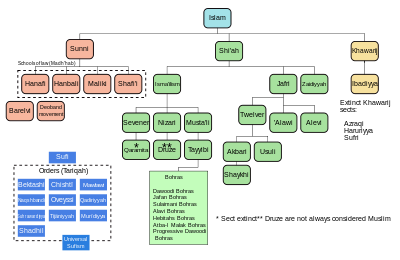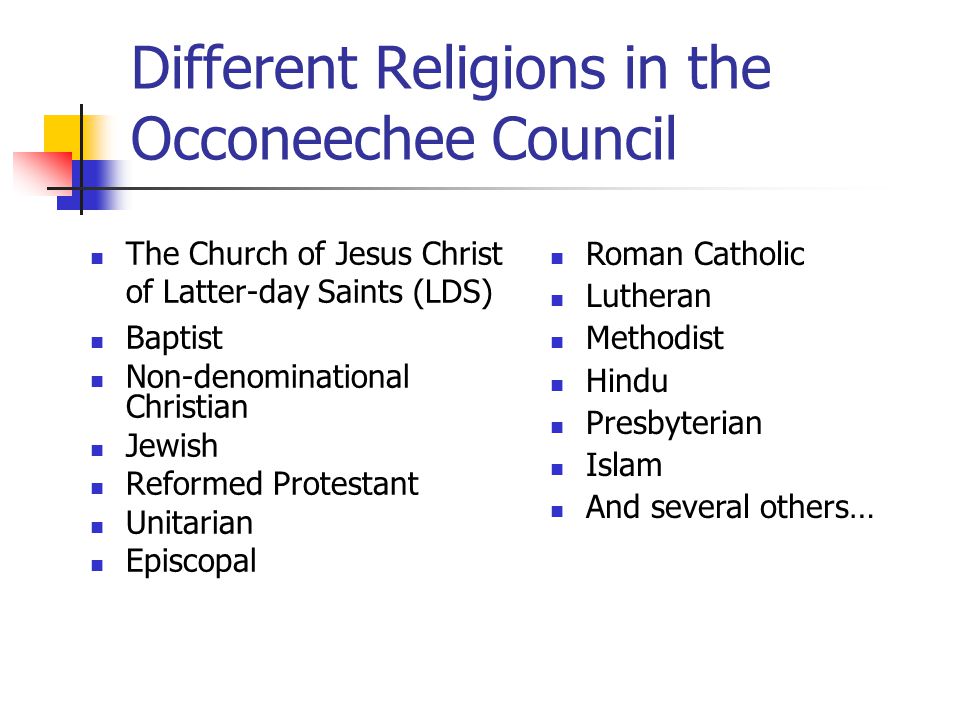

Welcome to the Langston Hughes Memorial Library. We are here to assist you with all of your academic and scholarly requests. You can't see us, but we are here. We have a LibChat widgets that allows you to chat with us, concerning how we can assist you, with any academic inquires you may have. We look forward to working with you.
Listed therein are A-Z Databases that can be of help to your research projects.
Information retrieved from: Encyclopaedia Britannica

There are five dominant religious denominations: These are: Christianity, Hinduism, Islam, Judaism, and Multi-denominational. Each of these denominations have branches.
.



A college degree in religious studies opens up similar career possibilities as those available to a student of liberal arts or other related subjects.
It's not uncommon for students to pursue religious studies degrees in order to teach about religion at the college level.
A historian that focuses on religion would make knowing every aspect of the world's religious history his or her job.
While theology may be more appropriate for this kind of work, that's not to say religious studies students can't become religious figures if they so choose. Clergy members work in churches and other religious settings, performing a wide range of job duties that help their constituents celebrate their religious faith.
Some religious studies majors find their calling in a place you might not expect: as a marriage and family therapist. The critical thinking skills and the in-depth studies of psychology, anthropology and sociology that characterize religious studies can be useful for examining the psyches of others and offering them guidance.
As public servants, social and human service assistants dedicate their careers to helping others. They help struggling families and individuals in their communities find the resources they need to improve their lives.
Information from: https://www.worldwidelearn.com/online-education-guide/arts-humanities/religious-studies-major.htm
Please see the University Catalog for more information and program requirements.
For more information contact the History, Political Science & Philosophy Department.